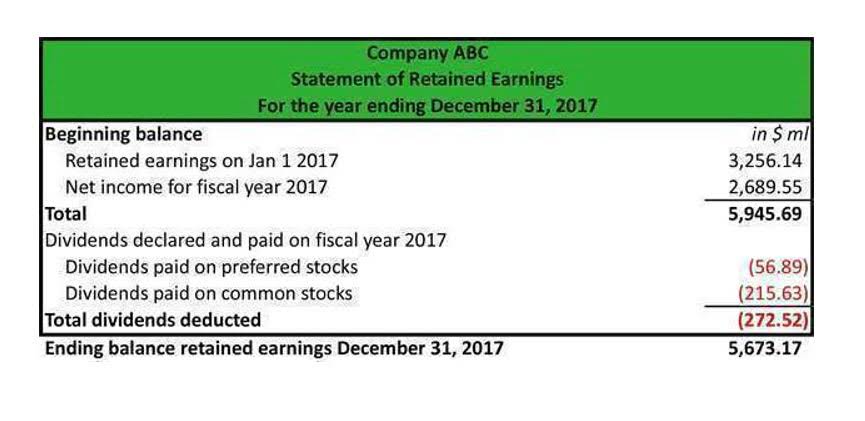02436-222132
rcchurchvaijapur@gmail.com

They’re the financial controller’s boss, as well as the accountants’, financial analysts, and often also the HR and Operations departments. For small businesses, the question of when to hire a CFO can be a difficult one. A CFO can provide invaluable insights into financial planning and management, but also hiring a CFO can be a significant expense, and many small businesses lack the resources to support an additional senior executive. cfo vs controller Financial controllers also develop and implement policies and procedures to safeguard the organization’s assets and minimize risk. They often work closely with auditors to ensure that the organization’s financial statements are free of material misstatements. Your business should consider using AP automation software integrated with your ERP system to reduce the time to process invoices and make and reconcile global payments.
They provide insight, guidance, support, financial foresight, industry expertise, and friendship to clients. The most important thing is for an outsourced or fractional CFO to build trust with the business owner(s). To do so, they provide strategic advisory to create that trusting relationship. Both monitor internal controls and analyze accounting records, but a CFO wants to interpret those balance sheets in terms of a business’s overall financial health. RoseRyan can help you think through the level of finance leadership expertise your company needs now—reach out to us today to learn more. Being part of the executive management team, the CFO must constantly keep in touch with numerous different company members, both at higher and lower levels.
Fractional CFOs are an attractive option for small businesses or startups that can’t afford a full-time CFO. They can also be a good solution for companies undergoing a transition period, such as a merger or acquisition. https://www.bookstime.com/ The Controller is your reviewer of all financial and monthly reporting. The focus of the controller is generally on more historical financials. Goal-based, outsourced accounting services for companies ready to scale.
In short, “yes,” a controller can become a CFO, but it’s not necessarily the logical next step in their career. As we continue to explore the role of the controller vs CFO, you’ll see what I mean. It requires a nuanced skillset, a background in finance (instead of, or in addition to, accounting), and a keen interest in the operations and direction of the company.
Controller salaries vary depending on experience, the size and location of the company, and the complexity of the industry. Controllers at small companies (~$10MM in revenues) typically make $150,000 annually. Factor in variable compensation, benefits, and taxes, and you’re looking at a total cost of approximately $200,000 per year. On the other hand, middle-market companies can expect to spend closer to $300,000 per year all in. Let’s start was defining the word, ‘fractional.’ Fractional is defined as part-time and in this circumstance, the fractional CFO and/or fractional Controller working for you is doing so on a part-time or contracted basis. While it may sound like a fractional CFO and a Controller have very similar job responsibilities and you only need to choose one for your business, that isn’t necessarily the case.
The owner is likely proud that they have prepared their company for the next great leap forward through their strategic staffing decision. Instead of getting bogged down in financial statements and spinning your wheels, look to the future of your expansion by choosing a CFO vs controller. Companies hire CFOs and controllers for many reasons beyond a grand design. Some of these needs may be short-term; that’s when working with a fractional CFO or interim CFO who can oversee particular financial functions or tasks may be the best option. If you don’t yet have a controller on staff, then this is the place to start.
The CFO is traditionally ranked just below the CEO in terms of hierarchy. The controller reports to the CFO, sometimes alongside the treasurer and tax manager. Firms should consider bringing on a part-time or fractional CFO when their revenues approach or reach $10 million. A part-time or fractional CFO should likely be sufficient until revenues reach between $50 to $100 million, at which point a full-time CFO should be brought on board. Instead of simply saying no, the best CFOs ask questions, listen to concerns, solve problems and confidently make decisions that drive innovation and growth.
Information presented is for educational purposes only and does not intend to make an offer or solicitation for the sale or purchase of any securities, and past performance is not indicative of future results. Be sure to first consult with a qualified financial adviser and/or tax professional before implementing any strategy discussed here. A confident controller will protect their company’s assets, monitoring all the books, reports and filings for errors and potential fraud. They don’t usually crunch numbers or run reports, they offer valuable insights that help drive growth and inform the company’s next steps. Many controllers also possess a CPA (certified public accounting) or CMA (certified management accounting) designation. The following chart offers a high-level comparison of controller vs CFO responsibilities and capabilities.